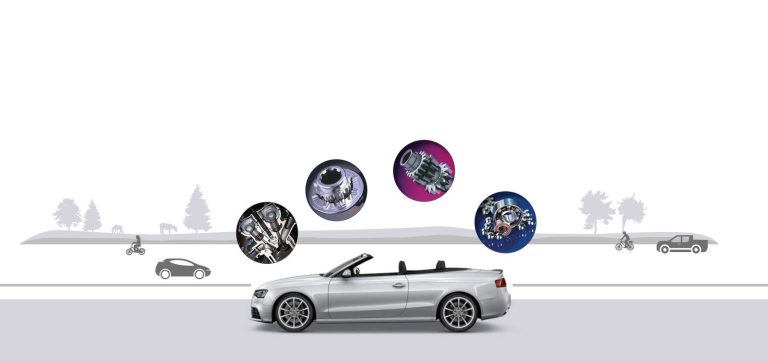
Regardless if you are considering undertaking courier work the very first time or it’s time for you to renew your present van, evaluating whether or not to lease or purchase a delivery vehicle outright could be a tricky decision.
Obviously you will find benefits and drawbacks on sides. Purchasing a van means that you simply own the automobile and thus can perform anything you as with it (including selling it). Leasing an automobile means you will not purchased it, so you’ll be able to obtain a completely new one in the finish of the lease period without having to worry about selling an earlier vehicle.
Everybody knows somebody that swears one is preferable to another for individuals doing courier work, here I’ve attempted to provide a goal look at the variations between buying and leasing. I really hope it’ll make deciding that will perform best for the business a bit simpler.
Buying
Purchasing a van implies that you have to pay a lump amount of cash for purchasing a van which in turn is associated with you as lengthy as you would like to help keep it.
The Professionals
• Buying a van provides you with the liberty to do anything you as with it. You can include signs, develop a shelving unit inside it with no you will complain.
• There is really a one-off payment after which no regular ongoing expenses, apart from maintenance and insurance.
• You purchased it so there’s no mileage limit (because there is frequently having a lease agreement).
• You can claim the price of purchasing the van being an expense upon your tax bill.
• One of the most basic benefits of buying is you are titled to market your van in case your conditions change or you’ll need a cash injection.
The Disadvantages
• A new vehicle depreciates in value as soon as you drive them back the forecourt, so you won’t be in a position to sell your van for which you compensated for this.
• You will result in all maintenance costs, which may be costly when clocking in the high mileage connected with courier work.
• You may also be responsible for insurance and tax costs.
Leasing
The key factor to know is the fact that with many lease deals you won’t ever really own the automobile. You’re effectively having to pay (usually monthly) for using a vehicle for any specified period (frequently between one and 5 years).
The Professionals
• The vehicle you lease is going to be new and you’ll ensure that it stays for any specified time, and then simply hands it back and remove a brand new lease on the new vehicle.
• You do not need so that you can develop the lump sum payment needed for sale.
• Many lease deals covers repair and maintenance costs (many will even include insurance within the monthly cost).
• The regular payments allow it to be simple to plan for.
• There may also be the choice to purchase the van in the finish from the lease agreement.
• You can claim the price of leasing the automobile being an expense in your taxes.
• Any depreciation in the value won’t affect you.
The Disadvantages
• Most lease deals have a mileage limit – the greater the mileage limit, the greater your monthly charges is going to be.
• You don’t own the van so any damage or united nations-agreed changes towards the vehicle will get in a cost whenever you come to send it back.
• You need to ensure that you can to satisfy the instalments every month.
• You is going to be tied right into a contract which, in case your conditions change, might be difficult or pricey to get away from.
Selecting which option is the best for you will come lower for your own bank balance or perhaps your confidence in meeting monthly obligations , but hopefully this objective guide will help you make an educated decision.












